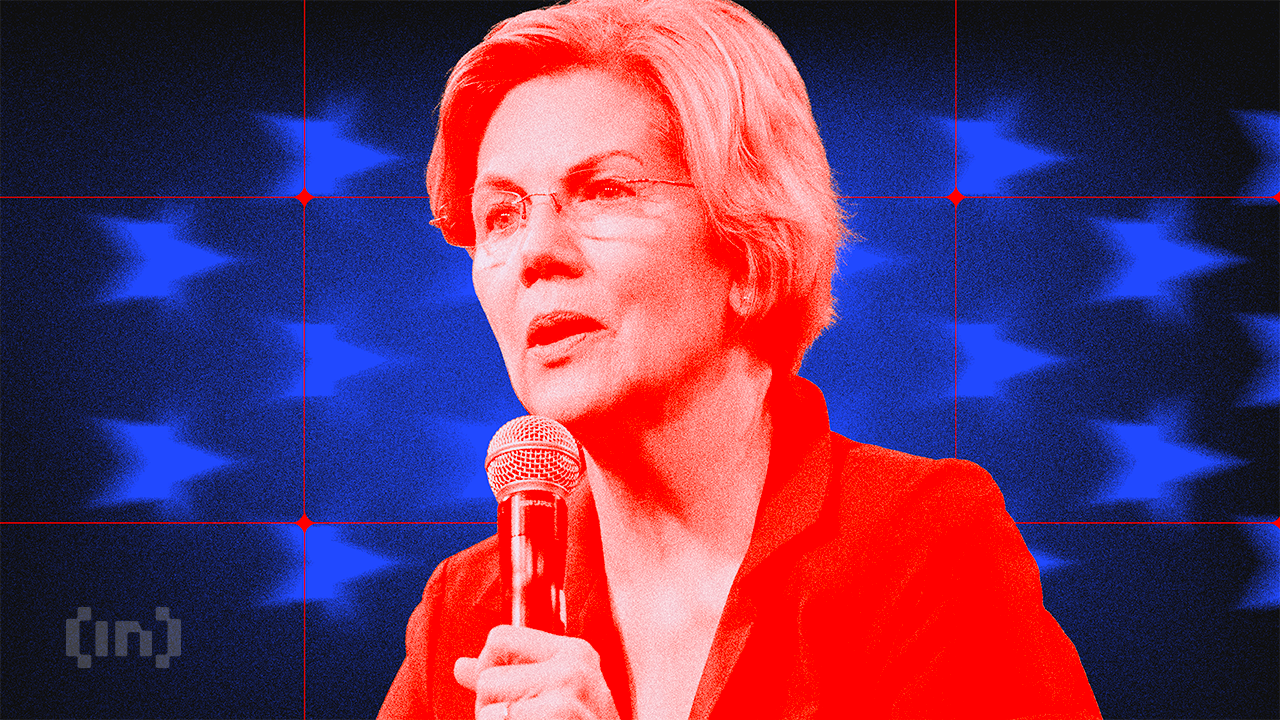
In the ongoing debates over cryptocurrency regulation, Senator Elizabeth Warren has voiced concerns about perceived partisanship in a newly proposed crypto legislation draft by the Republicans. This 182-page document, released without input from Democrats, has led to heated discussions about transparency and the role of industry lobbying in shaping regulatory frameworks.
The GOP’s Crypto Legislation: A One-Sided Draft?
Last week, the Republican members of the Senate Banking Committee released a detailed draft for crypto market structure legislation. Senator Warren’s primary grievance lies in the alleged lack of transparency and collaboration, stating that the draft appears to have been influenced by crypto lobbyists behind closed doors. “Producing a new crypto regulatory regime requires legislation that can pass both the House and the Senate,” Warren argued, emphasizing the need for bipartisan cooperation.
The Democrats, on the other hand, have unveiled a much shorter six-page framework that outlines general priorities for crypto regulation. Despite its brevity, this document symbolizes an effort to engage constructively on this critical issue. However, Warren pointed out that the Democrats’ framework pales in comparison to the GOP’s comprehensive draft, potentially leaving them at a disadvantage in shaping future crypto legislation.
The Lobbying Influence Debate
One of Warren’s primary concerns with the GOP proposal is the potential influence of crypto lobbyists. She emphasized the importance of public stakeholder feedback, criticizing the Republicans for allegedly excluding Democrats and the public from these discussions. According to Warren, this lack of collaboration undermines the credibility and fairness of the proposed legislation.
For pro-crypto Democrats, this divide within the political system poses significant challenges. Even though some Republicans acknowledged the Democrats’ framework and expressed willingness for bipartisan collaboration, the initial drafts largely excluded Democratic input. This raises questions about whether meaningful bipartisan legislation is achievable under the current conditions.
Challenges for Bipartisanship in Crypto Regulation
With cryptocurrency emerging as a vital sector in the global economy, crafting balanced and equitable legislation is crucial. While Republicans appear to have taken the lead with a more concrete draft, they face criticism for their alleged lack of inclusivity in the drafting process. Democrats, meanwhile, are left playing catch-up, striving to ensure that their concerns are adequately addressed in the final legislation.
Senator Warren remains a vocal critic of the crypto industry, often highlighting its potential risks to consumers and the broader financial system. For her, any legislative solution must prioritize transparency and accountability, ensuring that it’s not disproportionately shaped by private interests. A solution that benefits all stakeholders—retail investors, industry players, and policymakers—requires genuine collaboration and consensus, something that appears elusive in the current political landscape.
Enhancing Your Financial Knowledge
For individuals interested in the evolving world of cryptocurrency, understanding the regulatory environment is crucial. Resources like the Ledger Nano X Hardware Wallet provide secure storage for digital assets, ensuring that your investments are protected amid uncertain market conditions. Learn more about it and secure your crypto today.
In conclusion, the ongoing tug-of-war over crypto regulation underscores the complexity of crafting legislation in this dynamic space. As the debate continues, lawmakers must strive for transparency, fairness, and inclusivity to ensure a robust and equitable market structure for all.






